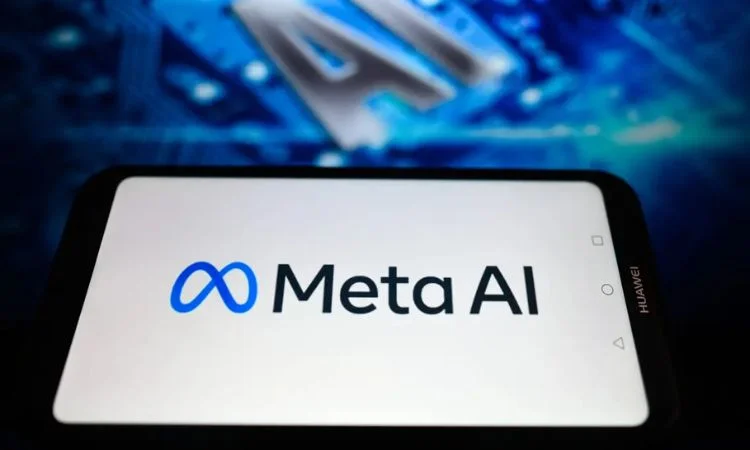Meta has announced that it is conducting tests with Instagram, Messenger, and WhatsApp users in India and certain regions of Africa. The aim is to gauge their experience with Meta AI, its chatbot powered by a large language model.
This is a big step towards Meta’s goal of scaling its AI offerings by tapping into its massive user bases across all its apps.
After other big tech companies, including OpenAI, made significant AI moves, the social media giant found itself in a race to release more AI services. In February 2023, Meta revealed its intentions to develop and test various AI tools, including chatbots. With over 500 million Facebook and WhatsApp users, India is Meta’s biggest single market, and users there have only begun to notice the appearance of the Meta AI chatbot. This makes India a crucial market for the company.
Read also: Why data harmonisation is critical for development
Facebook aims to expand its audience engagement services in developing markets, where smartphone users are increasing faster than in developed markets such as the United States, where the growth rate has levelled off. In their WhatsApp conversations, African users have also noticed what appears to be Meta AI. Meta verified the action in a statement. According to a Meta spokesperson, we are testing a variety of them publicly in a limited capacity, and the generative AI-powered experiences are in different stages of development.
When it all started
In September 2023, the business unveiled Meta AI, its all-purpose assistant. With language commands, users may generate realistic visuals and receive answers to their questions from this AI chatbot. Instagram proves that the app is also used for search inquiries.
In terms of developing and releasing AI tools to its customers, Meta is a bit behind the curve. Its staff believed that generative AI technology was still in its infancy. OpenAI disproved that claim, which put MetaAI in a weak position.
Earlier this week, at an “AI Day” that Meta held at its London offices, chief AI scientist and Turing Award winner Yann LeCun said that the availability of ChatGPT sparked the public’s interest and excitement. It was not the technology or the system’s performance, in his opinion, that was surprising about ChatGPT. As far as the general public was concerned, that was the deciding factor. That took everyone aback. Even OpenAI was taken aback. Based on its attempts to launch AI chatbots, Meta believed they “were not particularly welcome… in fact, some of them were trashed by people,” he explained. The tech community at large, he said, is now “more open and more comfortable with releasing models,” and the company is no exception.
Meta is currently engaged in that activity. But, from a more practical standpoint, there are three explanations for why Meta might be moving forward with its AI plan.
Why Meta is making this move
Meta is concerned that users may defect if the company does not provide artificial intelligence (AI) capabilities, which are now essential for user retention. In the tech industry, investors want evidence that Meta is dedicated to supporting and developing what many anticipate will be the next generation of computing to retain investors, but strong earnings are also significant.
Read also: Microsoft announces it is selling Teams Chat, Video App separately
Thirdly, it takes great pride in the fact that it has pioneered numerous fields in the past ten years, such as mobile apps, social media, and advertising, and that it employs exceptional talent, such as the renowned artificial intelligence researcher Yann LeCun.
With billions of active users monthly, Instagram and WhatsApp provide Meta with a once-in-a-lifetime chance to scale its AI offerings globally. By integrating Meta AI into WhatsApp and Instagram, the Facebook-owned company can leverage its advanced language model and image generation capabilities to reach a massive audience, theoretically giving it a significant advantage over its competitors.
Llama 3, the next version of the open-source large language model, will be launched within the next month, according to the company, which was confirmed earlier this week.




